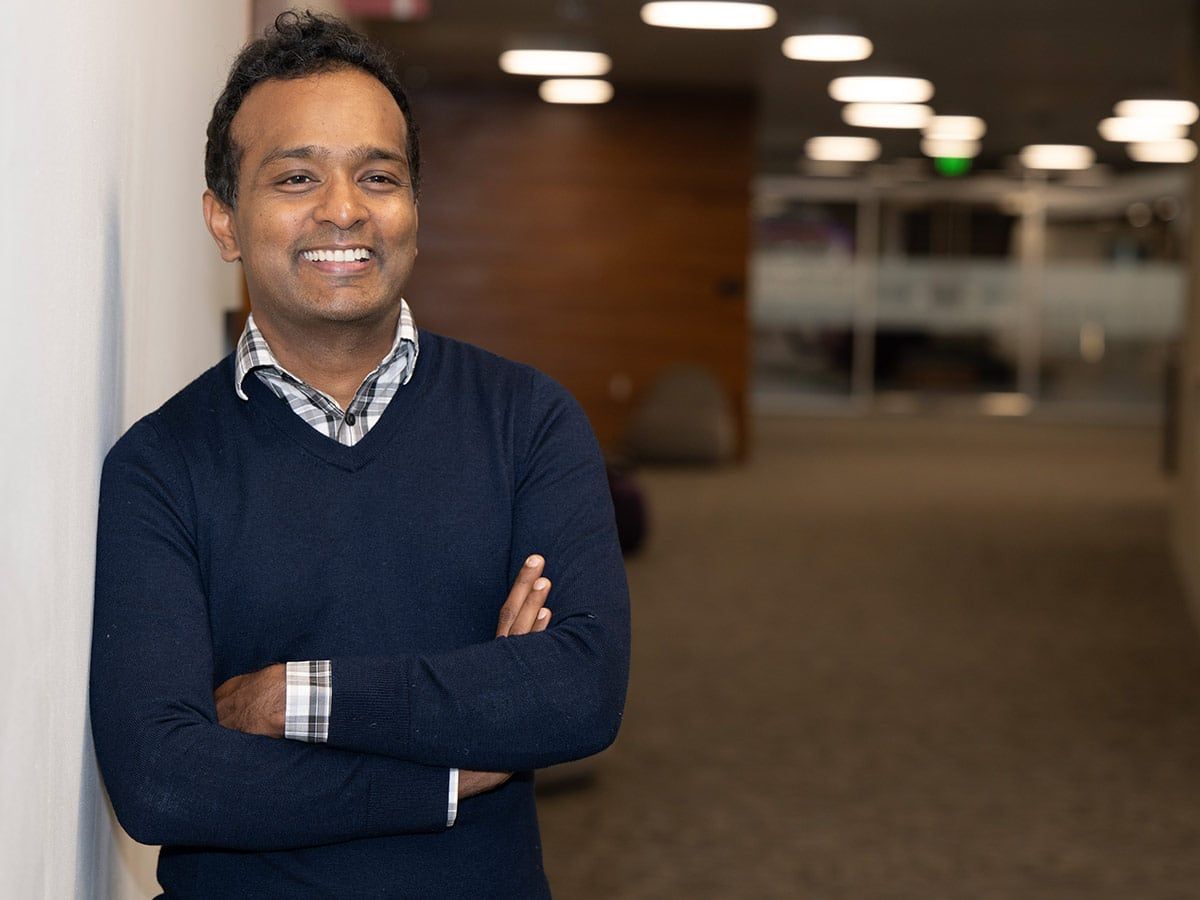Indian Scientist Wins Infosys Research Grand Prix with Groundbreaking Battery-Free Computing Technology

Mumbai (India), March 15, 2024 - Professor Shyam Gollakota has been awarded the prestigious Infosys Prize in Engineering and Computer Science for his pioneering research on battery-free computing. This innovative technology harnesses ambient energy from environmental sources such as Wi-Fi and cellular signals to develop devices that can sense their surroundings without traditional power sources.
Gollakota, who received the prize in 2024, has been working on this ambitious project for over a decade. Explaining the concept, he stated, "I have been working on creating computers that don’t require batteries. These aren't laptops, but devices that can actually sense the environment."
While solar power is often cited as an environmentally friendly option, indoor environments lack sufficient sunlight, rendering it impractical for this purpose. However, buildings are rich in Wi-Fi, cellular, and TV signals, which can be harnessed to power small devices.
One notable achievement from his research is the development of a battery-free cellphone that operates by harnessing energy from ambient Wi-Fi signals. This device features a microphone and speaker, enabling users to make phone calls via platforms like Zoom.
The harvested energy from such sources is minimal but sufficient to power basic functions such as temperature sensors, cameras, and microphones. Furthermore, Gollakota's team has created lightweight, dandelion-inspired sensors that can float in the wind for distances up to 100 meters, making them ideal for environmental monitoring in hazardous areas like regions prone to forest fires.
This research boasts significant benefits for industries such as smart cities and industrial monitoring, where large-scale sensor networks are prevalent. However, one of the primary challenges they face is battery replacement maintenance on a large scale, which Gollakota's invention aims to address.
The recognition of his groundbreaking work extends beyond the technical realm; Gollakota was awarded for translating his research into practical applications across various engineering domains. These include smartphone-based affordable healthcare tools in low- and middle-income countries, battery-free computing and communication, and the enhancement of human auditory sensing with artificial intelligence.
In a surprise move, the Infosys Science Foundation lowered the upper age limit for Infosys Prize winners to 40 years from 50 in order to "reward potential" and recognize "the promise of future achievement."
